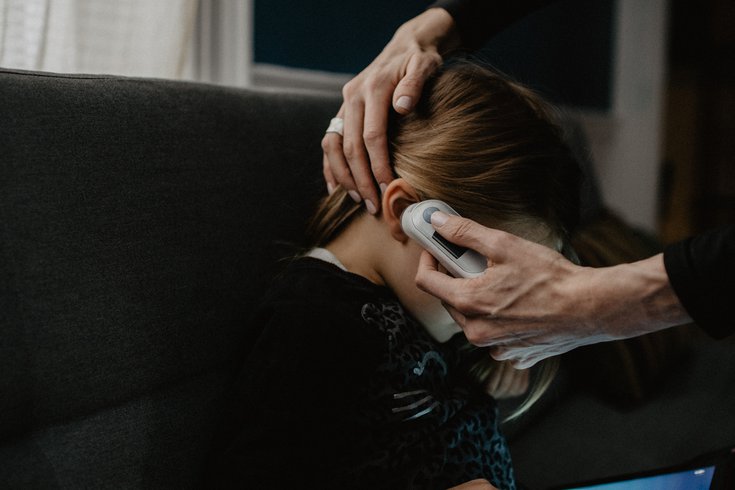
January 18, 2022
 Kelly Sikkema/Unsplash
Kelly Sikkema/Unsplash
Children with chronic conditions had almost double the risk of developing serious complication, according to the study results.
From early on in the pandemic, available data has suggested that younger people are not as susceptible to severe COVID-19 illness as older adults. However, the recent surge of children and adolescents being hospitalized with the omicron variant has experts questioning if some may be more vulnerable than others.
Now, new data published in JAMA Network Open has shed some much needed light on the issue. The study found that youths in older age – between the ages of 10 and 18 – and those with chronic medical conditions are more at risk for having severe illness.
In order to determine who may be more susceptible, researchers tracked over 3,200 youths who were seen at an emergency department and tested positive for COVID-19. There were 41 hospitals located in 10 different countries included in the study — with 62% of them being in the U.S.
Nearly 23% of those who tested positive needed to be hospitalized, with a little more than 3% experiencing severe outcomes, including complications such as respiratory distress, heart issues and brain swelling. Four of the participants died.
Those with chronic conditions had almost double the risk of developing serious complications. These included heart disease, diabetes, gastrointestinal disorders and neurological conditions, but surprisingly asthma was not a risk factor.
Dr. Todd Florin, an associate professor at Lurie Children's Hospital of Chicago and an author on the study, told U.S News & World Report that this could be because the children in the study had well-managed asthma, or they had only experienced a mild illness.
Florin and his colleagues also found that children between the ages of 10 and 17 were at the highest risk for severe disease. Almost 6% of participants in that age range developed a severe complication, while only 1.7% of those under the age of one did.
Florin said that one particularly encouraging finding was that very few of the children who were sent home from the ER were later hospitalized or developed severe complications. He noted that since their findings only include those who were sick enough to end up in the ER, the study numbers should be taken into context.
“Our findings can provide reassurance to parents and clinicians for children well enough to be managed in the community, while also providing important insights on which children may be at particular risk for severe outcomes," Florin said.
The study period lasted from March 2020 to June 2021 before omicron became the dominant variant, but experts believe that the risk factors for developing severe COVID-19 remain the same.
Pediatric hospitals have seen an increase in COVID-19 numbers since mid-December when the omicron surge began – especially in children under the age of 5.